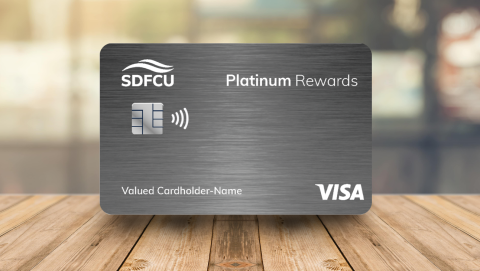Tips to protect your passwords, usernames and online accounts
Account takeovers have become a growing concern for people of all ages during 2023. Whether you're managing your retirement funds, social media accounts, or online shopping accounts, the risk of having your personal information and finances compromised is real.
Understanding Account Takeovers
Account takeovers, also known as ATOs, occur when cybercriminals gain unauthorized access to your online accounts. These accounts can include financial institutions, social media profiles, email accounts, and more. Once attackers gain access, they can steal your personal information, make unauthorized purchases, or even commit fraud in your name.
Why Account Takeovers Matter
Account takeovers can have severe consequences, particularly for older adults who may have accumulated significant savings and assets over their lifetime. Here's why account takeovers matter:
- Financial Loss: Cybercriminals can drain your bank accounts, make unauthorized purchases with your credit cards, or even liquidate your investments, leading to significant financial losses.
- Identity Theft: ATOs often involve the theft of personal information, which can be used to open new lines of credit or commit other fraudulent activities in your name.
- Emotional Distress: Dealing with the aftermath of an account takeover can be emotionally distressing, causing anxiety, frustration, and feelings of violation.
Protecting Yourself Against Account Takeovers
Fortunately, there are steps you can take to protect yourself from account takeovers and reduce the risk of falling victim to cybercriminals:
- Strong, Unique Passwords and Usernames: Create strong, unique passwords for each of your online accounts. Use a combination of letters, mismatched words, numbers, and symbols, and avoid using easily guessable information like birthdays or names.
- Two-Factor Authentication (2FA): Enable 2FA wherever possible. This adds an extra layer of security by requiring a one-time code sent to your mobile device or email when logging in.
- Regularly Update Software: Keep your devices and software up to date to patch any vulnerabilities that cybercriminals might exploit.
- Monitor Your Accounts: Regularly review your financial and online accounts for any suspicious activity. Report any unauthorized transactions immediately to your bank or the respective platform.
- Beware of Phishing, Vishing, and Smishing: Be cautious of unsolicited emails, messages, or phone calls that ask for personal information. Verify the sender's identity before sharing any sensitive data.
- Phishing is when criminals send you a fake email to get your information, including your passwords.
- Vishing, or voice phishing, is when criminals make a fake phone call or an automated robocall.
- Smishing is when they send you a fake SMS text message.
- Secure Wi-Fi Networks: Use secure, password-protected Wi-Fi networks when accessing your accounts, especially in public places.
- Educate Yourself: Stay informed about the latest cybersecurity threats and best practices for online security. Knowledge is your best defense.
- Use a Password Manager: Consider using a reputable password manager to generate, store, and autofill your complex passwords.
- Freeze Your Credit: Consider placing a credit freeze with the major credit bureaus to prevent new accounts from being opened in your name without your permission.
Account takeovers pose a real threat to individuals of all ages, but with vigilance and proactive measures, you can significantly reduce your risk. Protecting your financial well-being and personal information requires ongoing attention to online security practices.
Read more of our collection of Learning Hub Security articles for tips on safeguarding your personal financial information and avoiding online fraud.









